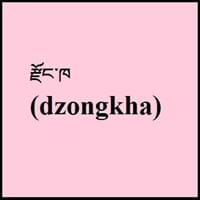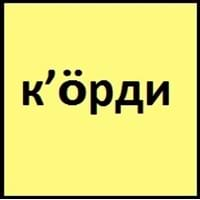Dzongkha and Kurdish Language Codes
Dzongkha and Kurdish ISO Language Codes
ISO language codes are designed to represent most of the languages in the world. Dzongkha and Kurdish ISO language codes consists of ISO 639 1, ISO 639 2, ISO 639 3 codes. ISO 639 1 is the two letter code, while ISO 639 2 and ISO 639 3 are three letter codes.
- Dzongkha ISO Codes:
- ISO 639 1 code: dz
- ISO 639 2/T code: dzo
- ISO 639 2/B code: dzo
- ISO 639 3 code: dzo
- Kurdish ISO Codes:
- ISO 639 1 code: ku
- ISO 639 2/T code: kur
- ISO 639 2/B code: kur
- ISO 639 3 code: kur
Go through Dzongkha vs Kurdish alphabets to know number of alphabets, vowels and consonants.
Dzongkha vs Kurdish Glottocodes
You will find Dzongkha vs Kurdish glottocodes under the Dzongkha and Kurdish language codes. Dzongkha glottocode is nucl1307 and Kurdish glottocode is kurd1259. Along with Dzongkha and Kurdish language codes, you can also check how many people speak these languages on Dzongkha vs Kurdish.
More on Dzongkha and Kurdish Language Codes
Explore more on Dzongkha and Kurdish language codes to understand more about these languages. Dzongkha and Kurdish language codes are unique and are used in wide range of applications. The language codes are mainly used in the computer and information systems. The ISO codes are set of international standards that are short unique representation for language names.





